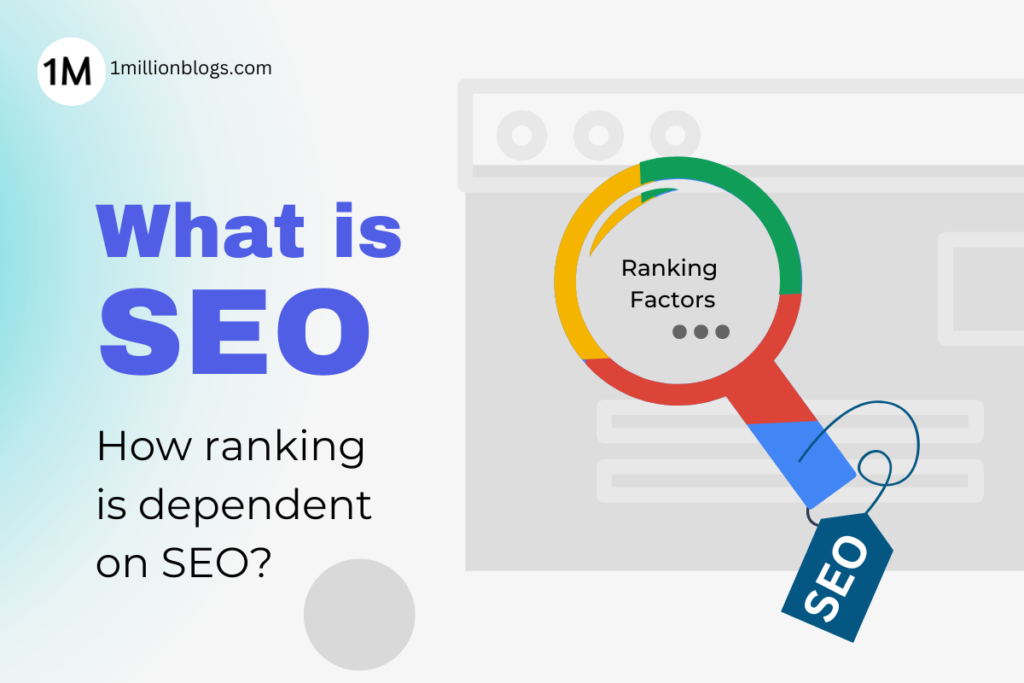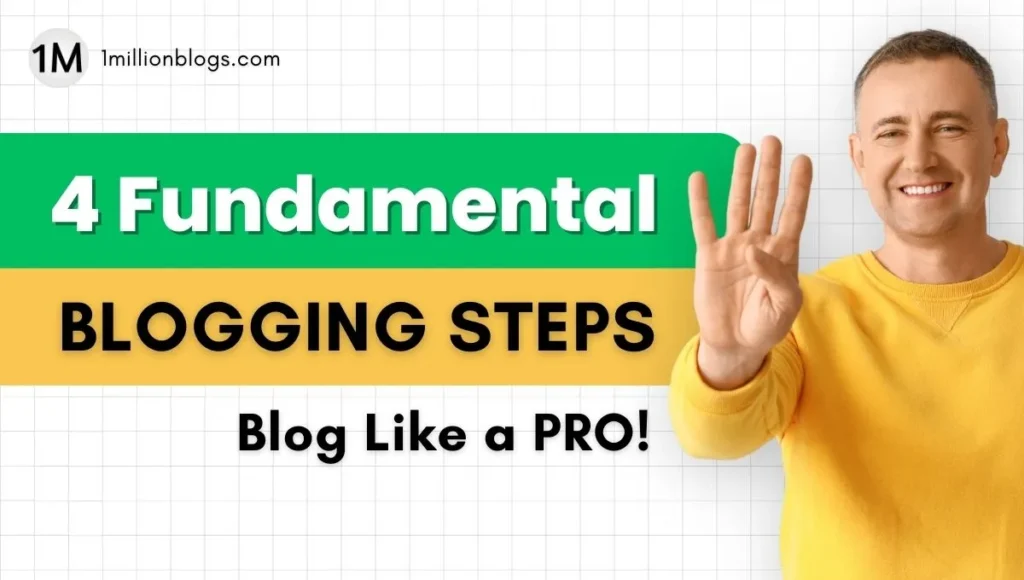68% of people begin all of their life experiences with a search engine. For instance, you’d go to Google to know any word’s meaning. SEO and Google’s ranking algorithm is responsible for your such everyday life experience.
But, what is SEO?
In this article, we will learn about Google’s child, SEO. In addition, we’ll quickly understand why bloggers and brands should implement a good SEO strategy. Let’s go!
What is SEO?
SEO stands for “Search Engine Optimization”. Simply, it is a compilation of rules which keep Google happy.
The primary objective of Google is to make the experience of its users useful by providing the right information at the right time. Keeping this in mind, Google will not show up your content if the page speed is slow, if content is not well written, if your expertise is not in that topic, etc. These set of rules, that matters to ranking needs to be well implemented in-order to rank. and doing this is known as SEO.
If Google is happy, you rank in the SERPs.
On the other hand, bad search engine optimization (SEO) practices dump your blog too. Thus, you should apply your SEO strategy but shouldn’t manipulate rankings.
As we got the answer to, “What is SEO?”, we must understand it is a combination of different practices and trends. In simple words, there are 3 major types of search engine optimization which help in ranking.
Types Of SEO
On-page, off-page, and technical SEO are the ones to name. All three of them fulfill the E-A-T algorithm together and thus, have an equal amount of importance in ranking. Let’s understand what each revolves around.
1. On-page SEO
On-page or on-site SEO is the one you apply on meta titles & descriptions, content, etc. However, every step revolves around your focus keyword.
When you apply good on-page SEO practices, the Yoast SEO plugin turns green. Note that keywords aren’t what you choose randomly. We’ll discuss it later on.
2. Off-page SEO
Off-page SEO is the one you apply outside your site. It includes getting backlinks, guest posting, content syndication, etc. In short, all you do is to build your site authority.
Site or domain authority describes how authoritative your website is in your particular niche. You wouldn’t trust a fresher to perform an important task, right?
The same way, Google provides data from authoritative sites only to its users.
3. Technical SEO
Technical SEO focuses on increasing the page loading speed, UI & UX, SSL and all the technical aspects of a website. In addition, good technical SEO ensures that the site is compatible with all the devices (mobile, desktop, tablet).
Why Is SEO Important?
Google bots cannot recognize your content’s niche without you putting a proper focus keyword. For example, let’s say your site is authoritative, loads quickly with good UI/UX, and it also has good content…but it doesn’t have a proper keyword strategy. Thus, SEO is more than turning it green.
In addition, any change in the actual keyword can pull down your ranking. For instance, let’s say that the actual keyword is “SEO best practices” but you put it as “best SEO practices” instead. It’ll cause harm to your blog because Google won’t be able to recognize its niche.
Conclusion
We learnt the basic concept of SEO and its types. However, it is much more than just putting keywords. But, you can start with keywords and on-page SEO and then move ahead with technical and OFF-page SEO.
In the market, keyword search tools are extremely expensive at the same time. But, we got a solution!
In the next article, we will learn about the best keyword strategies and tools to skyrocket your on-page SEO.






